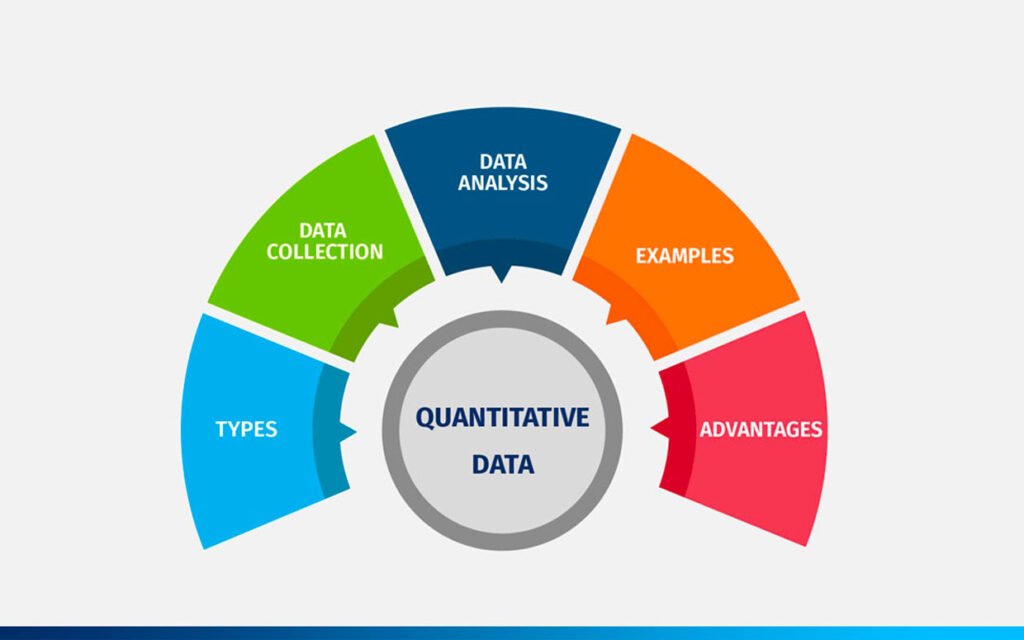In today’s data-driven world, data analyst jobs are more crucial than ever. Data analysts sift through mountains of data, providing actionable insights that drive business decisions and strategies. Whether you’re curious about breaking into this field or you’re looking to advance your career, understanding data analyst positions can help you make informed decisions about your career path.
This article will dive into what data analyst jobs entail, explore various positions within the field, and offer practical advice on how to secure and excel in these roles. By the end, you’ll have a clear picture of what it takes to thrive as a data analyst and how you can leverage this knowledge to your advantage.
Understanding Data Analyst Jobs
Definition and Role
A data analyst is a professional who collects, processes, and performs statistical analyses on large datasets to help businesses make informed decisions. The role involves interpreting data, identifying trends, and presenting findings in a clear and actionable manner. From creating detailed reports to visualizing data, data analysts play a key role in transforming raw data into valuable insights.
Skills Required
To excel as a data analyst, you need a blend of technical and soft skills. Technical skills include proficiency in data analysis tools and software like Excel, SQL, and Python. Familiarity with data visualization tools such as Tableau or Power BI is also essential. On the other hand, soft skills like problem-solving, critical thinking, and effective communication are crucial. You must be able to interpret complex data and explain it in a way that non-technical stakeholders can understand.
Types of Data Analyst Positions

Entry-Level Data Analyst
An entry-level data analyst typically starts by assisting with data collection and cleaning, performing basic analyses, and supporting more experienced analysts. This role is perfect for recent graduates or individuals transitioning into the field. Entry-level analysts usually handle routine tasks, such as generating reports and updating databases, and learn foundational skills that pave the way for career advancement. Ideal candidates are those with a strong analytical mindset, attention to detail, and eagerness to learn and grow within the role.
Mid-Level Data Analyst
As a mid-level data analyst, you’ll take on more complex projects and may begin to specialize in certain areas or industries. This role often involves leading data analysis initiatives, mentoring junior analysts, and providing deeper insights to guide business strategies. Transitioning from an entry-level role to a mid-level position typically requires a proven track record of successful data analysis projects and a solid grasp of advanced analytical techniques. Mid-level analysts are expected to handle more responsibility, make strategic recommendations, and work more closely with different departments.
Senior Data Analyst
Senior data analysts are seasoned professionals who oversee major data projects, lead teams, and contribute to strategic planning. This role involves advanced data modeling, predictive analytics, and developing data-driven strategies. Senior analysts often play a crucial role in decision-making processes and might be involved in setting the analytical direction for their organization. To qualify for a senior role, you need extensive experience, expertise in advanced analytical methods, and strong leadership skills.
Specialized Data Analyst Roles
There are also specialized data analyst positions that focus on specific industries or functions. For instance, a Financial Data Analyst might concentrate on analyzing financial data and market trends, while a Marketing Data Analyst focuses on customer behavior and campaign effectiveness. Specialized roles require in-depth knowledge of the particular industry and the ability to apply data analysis skills to specialized tasks.
How to Find Data Analyst Jobs
Job Search Strategies
Finding data analyst jobs involves using a variety of job search strategies. Start by exploring job boards and company websites where many positions are listed. Tailor your resume and cover letter to highlight relevant skills and experiences that align with the job description. You can also use job search engines and platforms like LinkedIn to find openings that match your career goals. Keep an eye out for roles that fit your level of experience and areas of interest.
Networking Tips
Networking can significantly enhance your job search efforts. Connect with professionals in the data analysis field through industry conferences, webinars, and local meetups. Joining online forums and groups related to data analysis can also help you build relationships and learn about job opportunities. Engaging with alumni from your educational institutions or participating in professional organizations can open doors to new opportunities and provide valuable referrals
Preparing for a Data Analyst Role
Education and Certifications
To prepare for a data analyst role, having the right education and certifications is essential. A degree in a related field, such as statistics, mathematics, computer science, or data science, provides a strong foundation. Additionally, pursuing certifications can enhance your qualifications and demonstrate your expertise. Certifications like Certified Analytics Professional (CAP), Microsoft Certified Data Analyst Associate, or courses in specific tools like SQL or Python can boost your credentials and make you more competitive in the job market.
Building a Strong Resume
When crafting your resume for a data analyst position, focus on highlighting relevant skills and experiences. Include any projects or internships where you applied data analysis techniques, and showcase your proficiency with analytical tools and software. Use specific metrics and results to illustrate your achievements, such as improved business processes or increased efficiency. Tailor your resume to the job description by emphasizing skills and experiences that align with the role you’re applying for.
Real-Life Insights and Tips

Personal Experiences
Gaining insights from those who have worked as data analysts can provide valuable guidance. Many data analysts have shared their experiences about the challenges they faced and the skills they found most useful. For example, overcoming complex data problems and developing the ability to communicate findings effectively are common themes. Learning from these personal stories can give you a realistic view of what to expect and how to prepare for success in this field.
Industry Trends
Staying updated with industry trends is crucial for a successful career as a data analyst. The field of data analysis is rapidly evolving with advancements in technology and methodologies. Current trends include the increasing use of artificial intelligence and machine learning for more sophisticated data analysis, the growing importance of data privacy, and the rise of big data analytics. Keeping an eye on these trends can help you stay competitive and adapt to new opportunities and challenges in the field.
FAQs
1. What does a data analyst do?
A data analyst collects and examines data to help businesses make decisions. They look for patterns, trends, and insights to guide strategies and improve processes.
2. What education is needed to become a data analyst?
A degree in fields like statistics, computer science, or data science is usually required. Certifications in data analysis tools or techniques can also be beneficial.
3. How can I find data analyst jobs?
Search job boards, company websites, and professional networking sites like LinkedIn. Networking and connecting with industry professionals can also help.
4. What skills are important for data analysts?
Key skills include proficiency in data analysis software (like Excel and SQL), data visualization tools (such as Tableau), and strong analytical thinking.
5. What is the average salary for a data analyst?
Salaries vary, but entry-level data analysts typically earn between $50,000 and $70,000 per year. Experienced analysts can earn more, depending on their role and location.
4o mini
Conclusion
In summary, data analyst jobs offer diverse opportunities and a rewarding career path for those with the right skills and interests. Understanding the various types of data analyst positions, from entry-level to senior roles, helps you target your job search and career development effectively. Preparation through education, certifications, and crafting a compelling resume is crucial for landing a role in this competitive field.
By staying informed about industry trends and learning from the experiences of others, you can navigate the challenges and seize the opportunities that come your way. Whether you’re just starting out or looking to advance, the insights provided in this article can help you make informed decisions and achieve success in your data analyst career.



